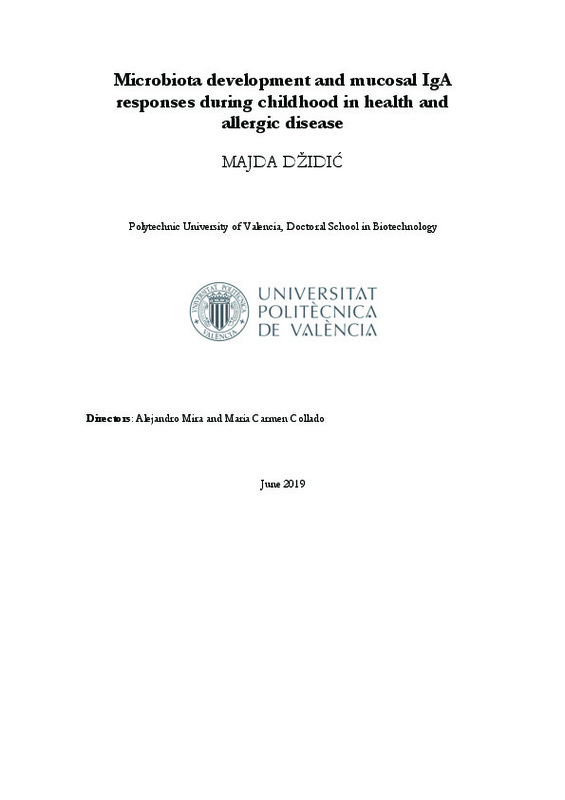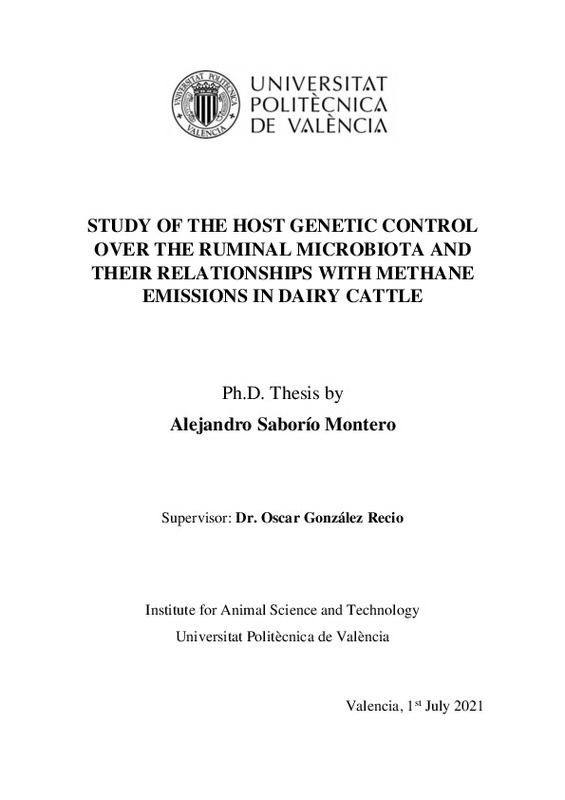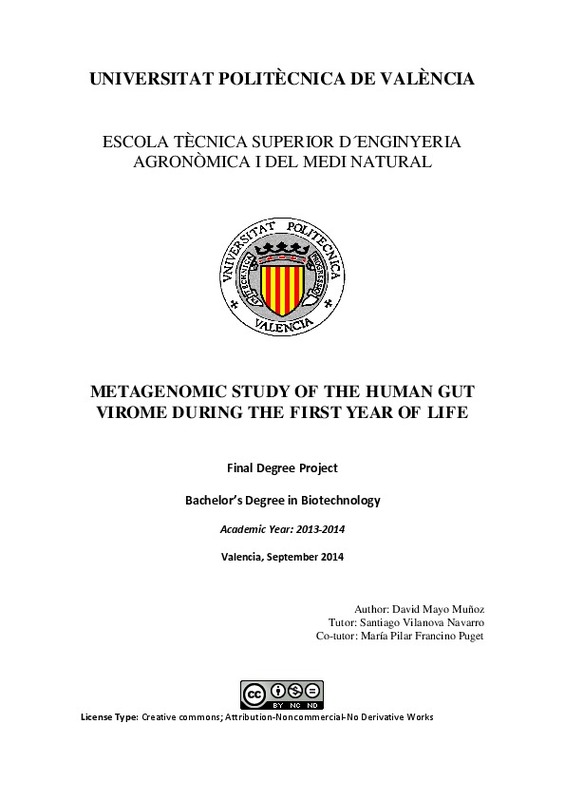JavaScript is disabled for your browser. Some features of this site may not work without it.
Buscar en RiuNet
Listar
Mi cuenta
Estadísticas
Ayuda RiuNet
Admin. UPV
Identification and characterization of bifidobacteria with probiotic potential isolated from mother-infant gut microbiota
Mostrar el registro completo del ítem
Pomares Díaz, C. (2022). Identification and characterization of bifidobacteria with probiotic potential isolated from mother-infant gut microbiota. Universitat Politècnica de València. http://hdl.handle.net/10251/188349
Por favor, use este identificador para citar o enlazar este ítem: http://hdl.handle.net/10251/188349
Ficheros en el ítem
Metadatos del ítem
| Título: | Identification and characterization of bifidobacteria with probiotic potential isolated from mother-infant gut microbiota | |||
| Otro titulo: |
|
|||
| Autor: | Pomares Díaz, Carlos | |||
| Director(es): | Esteban Torres, Maria del Mar | |||
| Entidad UPV: |
|
|||
| Fecha acto/lectura: |
|
|||
| Resumen: |
[ES] La microbiota neonatal es un complejo ecosistema bacteriano que realiza actividades relacionadas con la nutrición, metabolismo y estimulación del sistema inmune y afecta al desarrollo del niño durante las distintas ...[+]
[EN] The neonatal microbiota is a complex bacterial ecosystem that performs activities related to nutrition, metabolism and stimulation of the immune system affecting the development of the infant during the different ...[+]
|
|||
| Palabras clave: |
|
|||
| Derechos de uso: | Cerrado | |||
| Editorial: |
|
|||
| Titulación: |
|
|||
| Tipo: |
|
recommendations
Este ítem aparece en la(s) siguiente(s) colección(ones)
-
ETSIAMN - Trabajos académicos [3541]
Escuela Técnica Superior de Ingeniería Agronómica y del Medio Natural




![[Cerrado]](/themes/UPV/images/candado.png)





